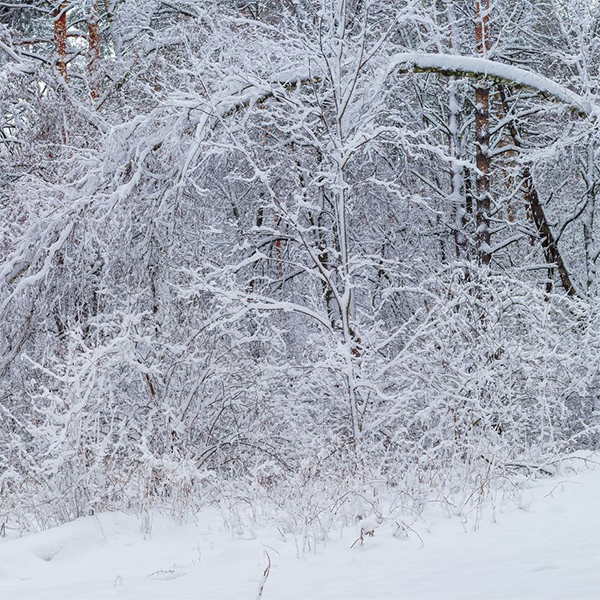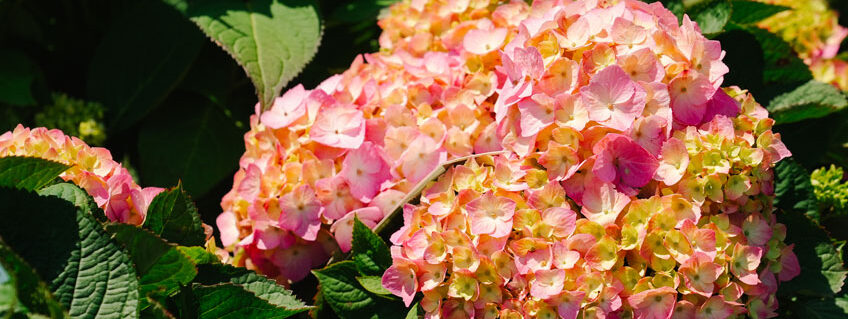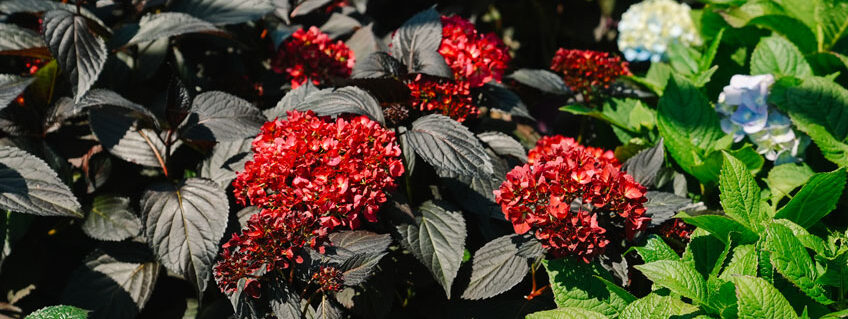We all appreciate how being outdoors on a windy winter day when we’re insufficiently-clothed makes us feel much colder than the actual air temperature. This “wind chill” phenomenon is described by the “feels-like” term that weather forecasters mention so often: moving air evaporates moisture on the skin of warm-blooded animals (like us) and reduces core body temperature. Adding layers of clothing to protect our skin from evaporation helps reduce evaporation and keep us warm.
But as uncomfortable as a chilling winter breeze can make us feel, most plants are generally unaffected by wind chill. In fact most trees, shrubs and herbaceous plants can actually benefit from moving air—it helps equalize temperature layers and may reduce fungus. Plants don’t transpire when they’re dormant. So the temperature on their tissues can never be lower than the ambient air temperature, even when the wind is blowing.
Plants evaporate moisture from their foliage during the growing seasons. By the time winter begins, most deciduous plants have shed their leaves, and their bark/stem tissues naturally resist losing moisture through transpiration. Most plants we grow in our gardens are well-adapted to normal weather conditions; by the time they enter dormancy, they are acclimated to withstanding normal winter ambient air temperatures.
Heavy winter winds can certainly harm plants by physically damaging (or dislodging) them when the velocity is sufficient, and breakage when their branches are weighed-down with ice and snow. Soil temperatures are always warmer than the air. But when the ground becomes deeply frozen (as in an “open winter”), conifers and other evergreens can lose moisture through their foliage, causing desiccation. Some evergreen plants like rhododendrons decrease the risk of transpiration by curling their leaves which closes their stomata (leaf pores that transpire moisture).
When you dress appropriately, appreciating your garden in winter can be gratifying, particularly if you enjoy walking among those plants with attractive foliage, bark, and fruit. And unless truly unusual conditions occur, you can be confident that “wind-chill” will not damage the plants in your garden.







